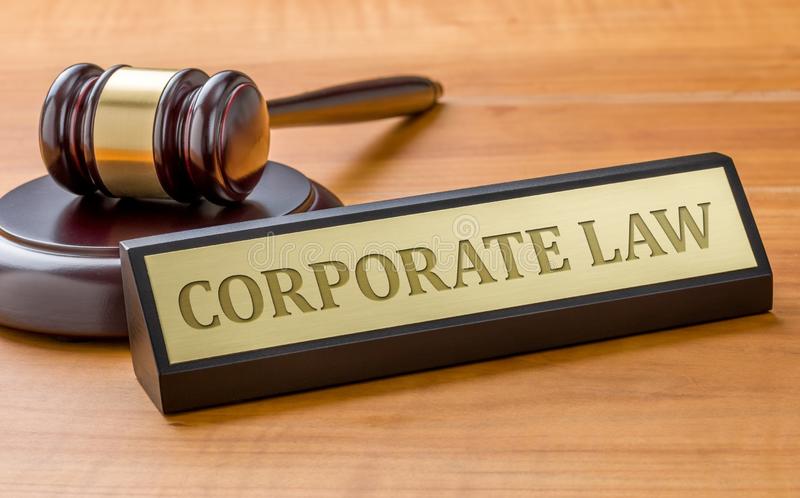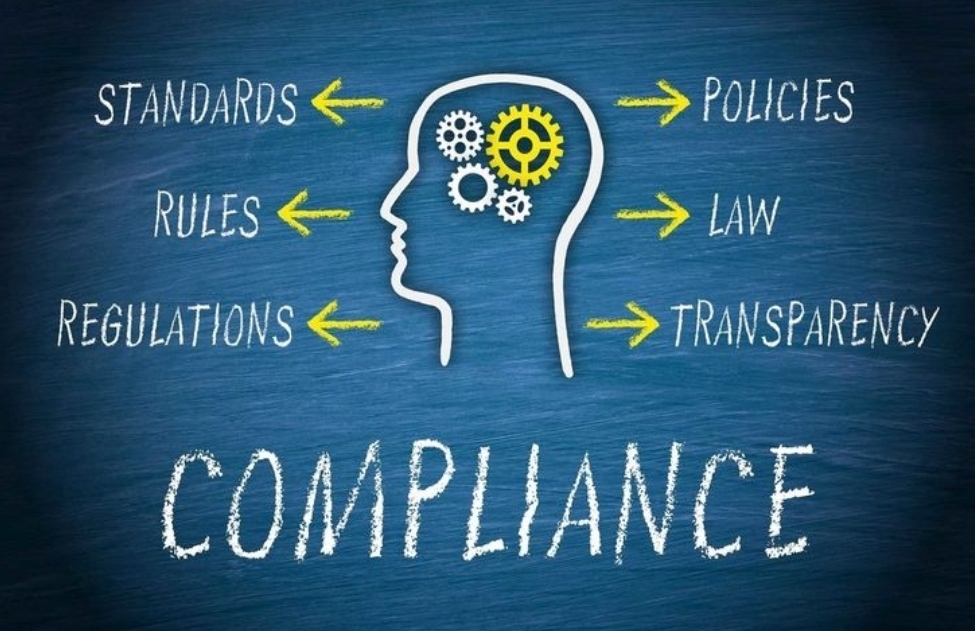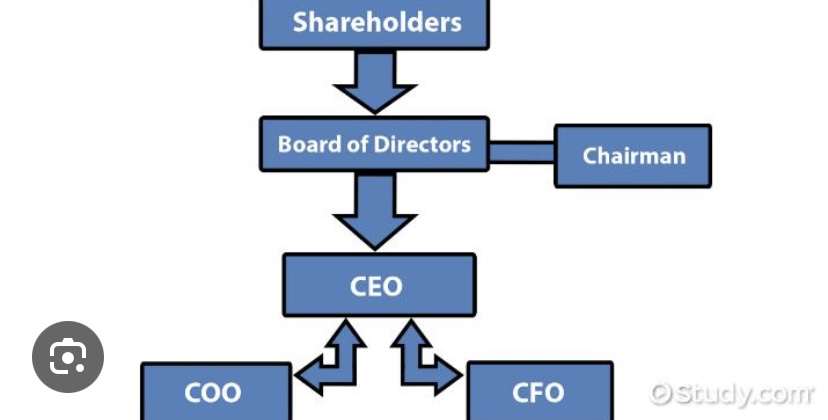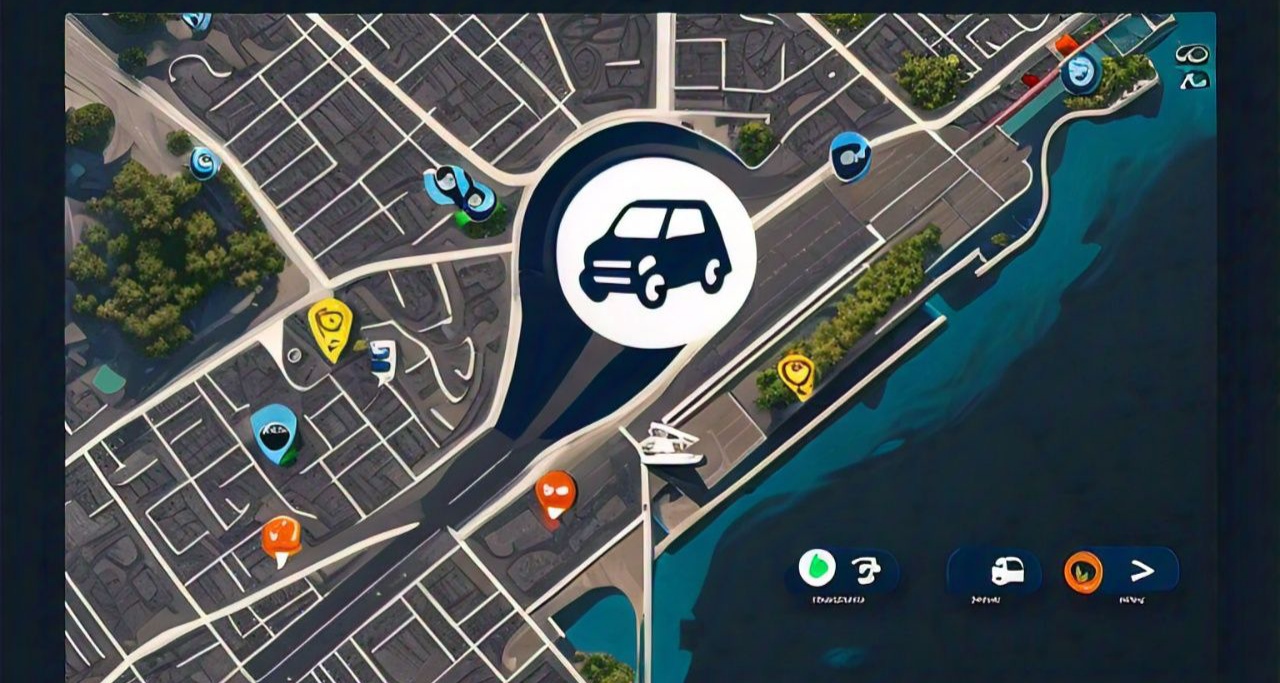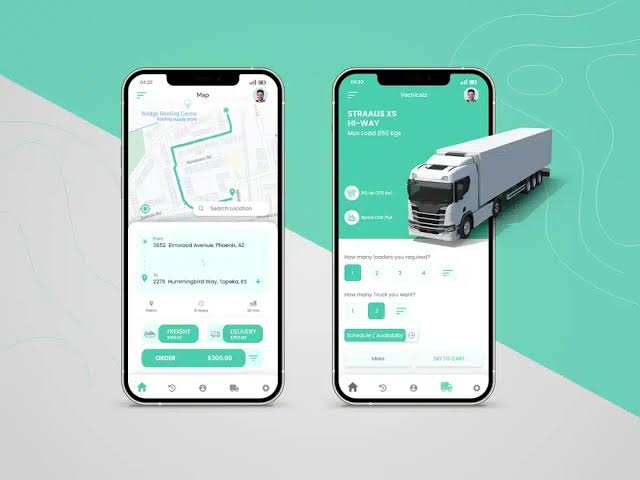
Tech Startup Company in Nigeria: ( An hypothetical scenario of a ride hailing Incorporation)
Abstract
Business operations encapsulates everything that revolve around human existence, one may think of any endeavor that benefits human existence as a business, be it for profit making or otherwise. Thus, categorization of businesses into different sectors is solely on the ‘object clause’ of the Company. For the purpose of this article, I shall be discussing explicitly the emerging sector of business which is ‘Technology’, the center of this discussion is on technologically driven business. Particularly, as it relates to transportation; dwelling on the legal requirements, laws and regulations as well as permits for its operation.
Key words: Technology, Business/Company, Object clause.
Introduction
Business in it broad sense entails any establishment or activities that an individual, corporation, government does legally either for the purpose of making profit or creating amenities for the populace.
When such establishment is registered in conformity with the extant Laws of the Country, it is called a ‘registered company ‘, which according to provision of section 42 of Companies and Allied Matters Act, 2020 become a legal personality/entity with its own name through which it can sue, be sued, acquire assets, and do other things a natural being can do. The decision of Court in the case of Salomon v Salomon (1897) A.C. 22, [1896] UKHL 1 is to this effect.
The object clause of a company distinguishes it from others, it entails the engagements the company undergoes, thus a company that produces food stuffs as its object is categorically different from a company whose object clause is selling of motor vehicle spare parts. Thus, the regulating laws, bodies, procedures for the two categories of company above would differ.
For the purpose of this article, a technological driven (Tech) business is the vocal point of discourse and full recourse shall be given to the pragmatic routines of a technological inclined company starting from the requirements and requisites for Incorporation, laws and bodies regulating the company, inherent risks and challenges , etc.
An Hypothetical Scenario
A group of entrepreneurs in Nigeria plan to start a new ride hailing technology startup. They have developed a mobile app that connects passengers with drivers for transportation services. They are ready to register the startup and launch their platform. They have approached you and sought your legal advice on how they can successfully achieve their objective. Advise them appropriately.
From the above painted scenario, I shall discuss the nittty-gritty of a technological inclined company under Nigeria legislation sampling the following questions:
I. Business structure suitable for the proposed Company
II. Legal requirements and regulations
III. Protection of the Company’s intellectual property (the Mobile app) and the business model
IV. Challenges and risks associated with the category of Business
V. Licenses and permits required.
I. For every business set-up, there is a fit and suitable structure under Nigerian Law, specifically the Companies and Allied Matters Act, 2020 being the regulating Law for Companies. Section 21 (1) a-c of the Law categorized companies into; company limited by share, company limited by guarantee and unlimited company, with each one having its unique peculiarities, features, merits and demerits. Sub 2 further states that each of the 3 types of companies stated above could either be private or public company, making a total of six (6) types of companies broadly.
Flowing from the scenario above, it’s crystal clear that the ‘promoters’ to the proposed Company are allies with the same goals and vision, consequently, a Private Company (LTD) would be most suitable structure for the business, reasons being that it will avail them to chance to maintain the clique as business allies and this will prevent an intruder/outsider to have a stake in the company as a private company by its nature cannot invite members of the public to buy shares via prospectus. S. 22 (5) CAMA 2020.
Another pivotal advantage of this business structure/type is that it limits the number of it’s shareholders which shall not be more than 50 people, section 22 (3) CAMA 2020, this makes the operations and management of the company flexible and limited to meagre number of members who may likely be clique of friends or family .
However, if in the nearest future, the company seem it fit to go public, provision of section 56 of CAMA 2020 explicitly explain all the conditions and steps to be taken on the event of re-registration a private company to public company.
II. The legal requirements and regulations for a technological inclined company as enshrined in different legislations include but not limited to the followings:
• Incorporation: The company must be incorporated by the Corporate Affairs Commission being the regulating body of companies in Nigeria. Among the requirements needed for the incorporation are:
a. Name reservation Code
b. C.A.C Form 1.1
c. Particulars of the directors, secretary
d. Statement of Compliance
e. Passport photograph/signature of the directors and secretary
f. Evidence of payment of stamp duty
g. Payment of filing stamp. Etc.
• NITDA licensing: The company being a technological business shall obtain license from the National Information Technological Development Agency as a body that regulates technological companies in Nigeria.
• Data protection: The Company shall comply with the provisions of Data Protection Act, 2023 and Nigeria Data Protection Regulation, these are the legislations that protect individual data in Nigeria.
• NCC Compliance: The Company shall observe compliance with the regulations of the Nigeria Communication Commission in relation to technology, communication and protection of data.
• Federal Inland Revenue Service: For the purpose of tax, the Company shall register with the Inland Revenue for proper and effective taxation.
• Anti money laundering compliance: The Company shall comply with anti money laundering regulations and strict compliance with KYC (know your customer) principle as laid down by the laws.
• CBN Compliance: For payment processing and other transactions, the company shall comply with the Central Bank of Nigeria regulations on payment Competitive and Consumer Protection Act shall bind the company in relation to the protection of consumers and competition in the open market.
III. For the purpose of protecting its intellectual property (i.e. the Mobile app and the Business model), the Company shall engage the service of a legal practitioner who is an expert in intellectual property law, this will avail the Company a comprehensive legal framework and procedures over its intellectual property. The following measures shall be taking by the Company with the help of an expert in intellectual property law:
• Registration of the Mobile App: The Company shall register its mobile app (i.e the source code, documentation and user interface) with the Nigerian Copyright Commission, this protects the creativity of the Company from unauthorized cloning or imitation.
• Patent Protection: For the novel innovation part of the business, the company shall apply for patent protection which will oust imposter or unauthorized use of the company’s innovation.
• Trademark Registration: The logo, brand name, slogan of the startup should be registered with the Trademarks, Patent and Design Registry , this will protect the startup brand.
• Non-disclosure Agreement: Between the startup and its employers, a non-disclosure agreement should be executed, this with prevent and protect the inner secrets of the company business model which an employer may likely want to disclose to outsiders.
• Trade Secret Protection: The secret confidential information of the startup should be kept out of reach of outsiders. Using secure storage will limit access to those class of confidential information.
IV. In a developing Country like Nigeria where technology seems to be a novel evolvement and with the high level of illiteracy, there is no doubt that the startup will face risks and challenges which include but not limited to:
• Technological infrastructure cost: The exorbitant cost of acquiring the infrastructure needs for effective running of advance technology business in the Country will pose a severe clog on the startup.
• Regulatory Lacuna: As a novel evolvement, the Country is still under development stage of robust regulatory framework work that captures the world of technology, therefore, lacuna in the existing legal framework and persistent repealing of the laws my pose epileptic challenge on the startup products and services.
• Fraud, cyber security and hacking: The Company may likely face treats of frauds in payment process, bookings and other services, this is prevalent on the high level of Internet frauds in the Country.
• Insecurity: The appalling security status of the Country would no doubt affect the prosperity of the startup, the issue of kidnapping, banditry and more will exposed the startup to challenges.
• Customer acquisition and data protection: The Company will definitely face challenges of acquiring data of targeted audience, this is because reasonable population in the Country are not using smart phones and as such, the coverage of the startup services would be truncated. Also, lack of effective databank in the Country where accurate statistics of residents are captured, this is another challenge the startup would face.
• Driver Management and bad Infrastructures: Another angle of challenge is recruitment and retention of tech knowhow drivers that would interact with the mobile app. Poor internet connection, bad roads and other infrastructure are among the numerous challenges the startup would encounter.
V. The following are among the licenses and permits the startup requires:
• Certificate of Incorporation
• NITDA License
• Road Transport Permit from FRSC (Federal Roads Safety Corps)
• Vehicle Inspection Certificate from FRSC
• Tax Clearance Certificate from FIRS
• Data Protection Compliance Certificate from NITDA
• Business License, by local government authority
• Anti Money Laundering Compliance Certificate issued Special Control Unit Again Money Laundering (SCUML). Etc.
Conclusion
The laws, regulations and control mechanism applicable to a company in dependent on the nature and class or category the company belongs. Remdimentanly, the objects clause of a company is the determinant factor when it comes to categorization of companies into different sectors or sphere industrialization.
A tech inclined company or business has peculiar laws and regulations that guide it, these laws and regulations are independent of the general laws and regulations that guide and control companies, though the sectorial based regulations and laws gain their authenticity from the enabling laws in the country. Therefore, in addition to general requirements of laws and regulations guiding companies, technological inclined business has it own peculiar law and regulations.
Reference
Companies and Allied Matters Act, 2020
Orojo, Company Law
Dr. Mrs Motunrayo Egbe, Nigerian Law School (Backlog Set 2024) Corporate Practice Lecture Slides







